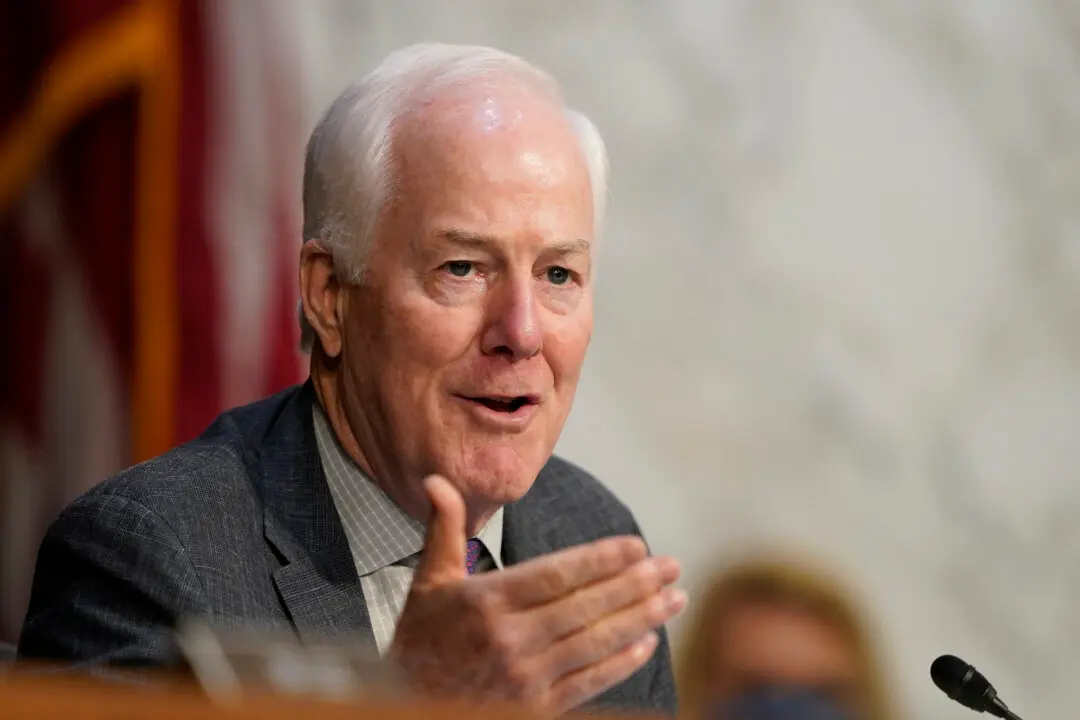The American aviation sector is abuzz with talk of air taxis, hypersonic airplanes, and cheaper, cleaner, “sustainable” fuel sources.
But a cloud hovers over that sunny, futuristic forecast. The Federal Aviation Administration (FAA) remains woefully behind the technology curve. The agency also remains entangled in its own bureaucratic web, according to statements made during a U.S. Senate committee hearing on March 29.





